
Quality Systems & Compliance
Quality Compliance for In Vitro Diagnostic (IVD) devices encompasses the organizational structure, procedures, processes, and resources implemented by manufacturers to ensure that their IVD products consistently meet regulatory requirements, specifications, and quality standards throughout the product lifecycle.
Compliance with IVD quality system requirements is essential for ensuring the safety, effectiveness, and reliability of IVD devices used in clinical practice. Apotech can support you to meet the rigorous standards of ISO 13485:2016, U.S. FDA CFR 21 part 820, and the Medical Device Single Audit Program (MDSAP).
Trusted by top-tier teams worldwide
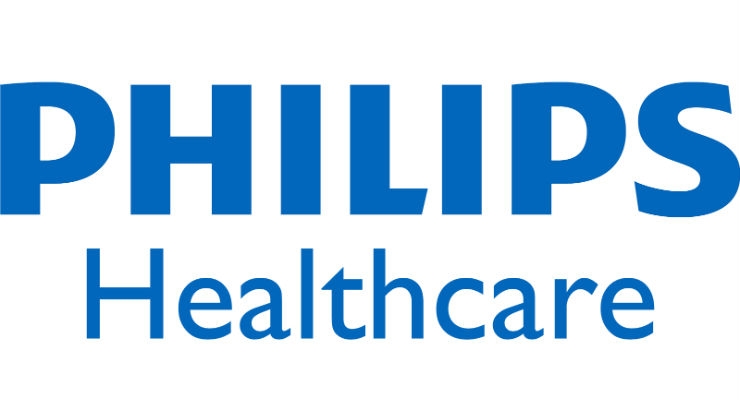
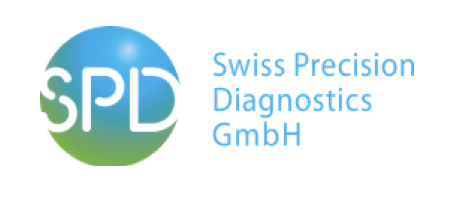
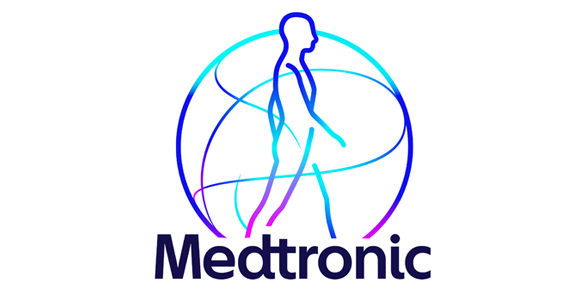

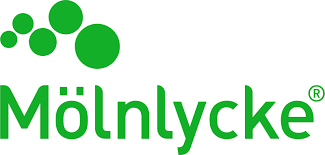

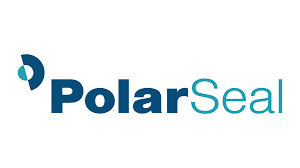
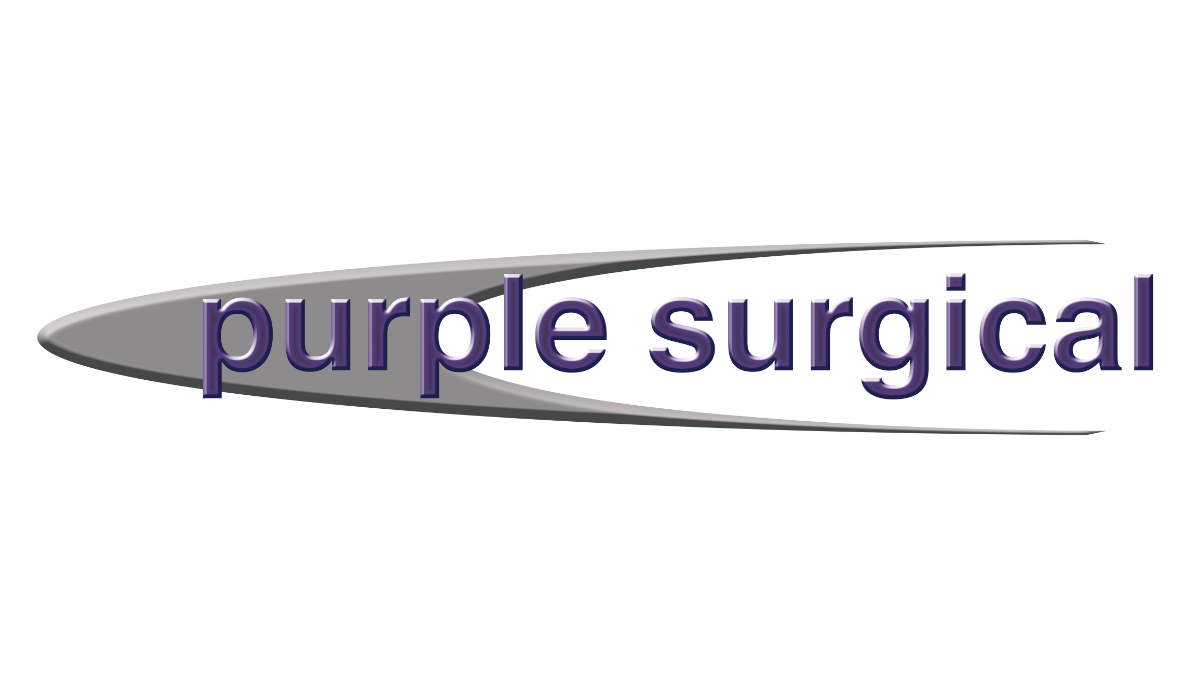

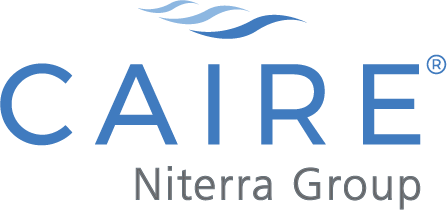
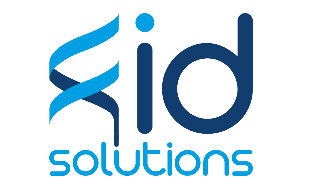




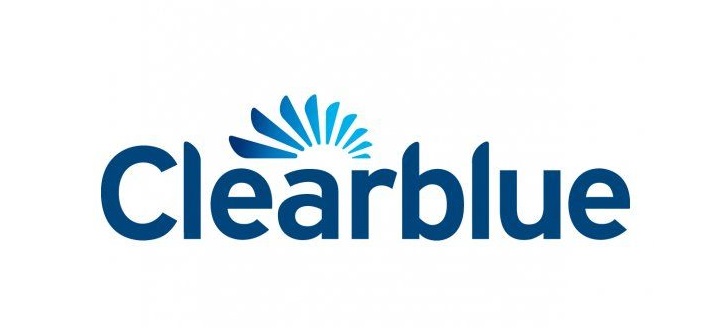
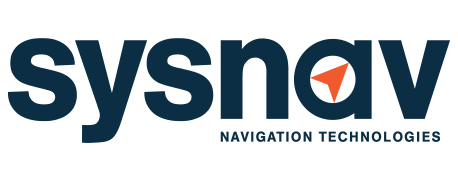


ISO 13485:2016
At Apotech, we specialize in guiding companies through the development and maintenance of ISO 13485:2016 compliant Quality Management Systems (QMS). Our experienced team employs a systematic approach, assisting in the establishment of robust processes aligned with ISO 13485 requirements. We tailor our services to address your specific needs, ensuring that every aspect of your QMS meets the international standards for IVD quality. Beyond initial implementation, we provide ongoing support to maintain and continually improve your QMS, offering comprehensive audits, training, and strategic insights. With Apotech, building and sustaining an ISO 13485:2016 compliant QMS becomes a streamlined and effective process, contributing to the overall success and regulatory excellence of your IVD operations.
We specialize in tailoring your ISO 13485 quality system to precisely align with your unique requirements, ensuring readiness for a certification audit. Our collaborative approach involves close coordination between our ISO 13485 consulting and project management teams, ensuring the timely and budget-conscious implementation of your Quality Management System (QMS). Additionally, we can offer guidance on reputable third-party testing and certification firms, specifically chosen to match your device category, enhancing the overall effectiveness and compliance of your quality system.
Our ISO 13485:2016 services include:
- Gap Analysis
- QMS Remediation
- QMS Implementation
- CAPA
- Root Causes Analysis
- Internal Audit
- QMS Maintenance
Design and Development File
In the EU, a similar requirement is stated as the Design & Development File (DDF) in ISO 13485, the harmoniszed standard for the quality management system for devices. This DDF should collate all evidence for conformity to the regulation in regard to design and development including its changes. The DDF contains comprehensive documentation of the design and development process, ensuring conformity with regulatory requirements outlined in the In Vitro Diagnostic Regulation (IVDR). The DDF serves as a structured compilation of records and documentation related to the design and development of an IVD. It provides evidence of conformity with essential requirements, including safety, performance, and usability, throughout the product lifecycle. Apotech can support in the following areas:
- Design Controls Implementation
- Risk Management
- Useability Engineering
- Traceability
- Verification and Validation
- Design Changes
ISO 14971:2019
Integrating ISO 14971 into your quality management system is essential, seamlessly embedded into the lifecycle of IVD manufacturing to identify design issues proactively and prevent hazardous problems, reducing the costs associated with recalls. Apotech offers expertise to efficiently implement ISO 14971 processes and provides an external perspective on your risk management practices. Our goal is to establish, document, and maintain a robust risk management process, covering elements such as reviewing device use, identifying hazards, estimating harm probability and severity, and implementing effective controls while monitoring their efficacy.
MDSAP
MDSAP enables IVD manufacturers to undergo a single audit, satisfying regulatory requirements of key markets, including the United States, Canada, Australia, Brazil, and Japan. Our support ensures your quality management system aligns seamlessly with MDSAP standards, streamlining audits and facilitating market access. MDSAP certification offers efficient regulatory compliance, reducing burdens and enhancing your global presence.MD
Performing MDSAP Gap Analysis- Our initial step involves assessing your current compliance with MDSAP requirements through a MDSAP gap analysis. Employing the same methodology as auditing organizations (AO), we allow for strategic planning and implementation of corrective actions, preparing you for the nuances of an official AO certification audit. The gap analysis culminates in a transition planning session. We will then provide a comprehensive written audit detailing our finsings, and provide you with a practical roadmap to address any findings, ensuring a comprehensive and effective preparation for MDSAP certification.
FDA
21 CFR PART 820- QSR (QUALITY SYSTEM REGULATION) / QMSR (QUALITY MANAGEMENT STSTEM REGULATION)
[Please be aware that you have up to 2026 to be compliant with QMSR!]
Manufacturers wanting to market their IVD in the United States are required to demonstrate compliance with the FDA Quality System Regulation (QSR), outlined in 21 CFR Part 820. This set of regulations, enforced by the FDA, is designed to guarantee the safety and efficacy of IVDs used in clinical settings. The FDA plays a pivotal role in overseeing the distribution of IVDs across the country, ensuring that devices available in the USA meet stringent safety and effectiveness criteria. Adherence to the comprehensive quality system regulations (QSR) outlined in 21 CFR Part 820 is mandatory for all IVD manufacturers aiming to commercialize their products in the U.S. These regulations encompass fundamental requirements for a quality system and other legal obligations imposed on manufacturers.
Some of the ways that we can support you with QSR compliance include:
- Compliance Assessment: Evaluate existing processes against FDA QSR (21 CFR Part 820), identifying alignment and potential gaps.
- Gap Analysis and Remediation: Conduct a gap analysis, offer remediation plans for FDA QSR compliance, ensuring a clear path to alignment.
- QMS Implementation: Guide the implementation of an effective Quality Management System aligned with FDA QSR.
- Audits and Inspections: Conduct internal and supplier audits, prepare for FDA inspections, ensuring ongoing compliance.
- Continuous Monitoring: Establish mechanisms for continuous compliance monitoring, adapting to changes and addressing challenges.
- Regulatory Updates: Keep your organization informed about FDA regulations and industry trends for sustained compliance.
Design History File (DHF)
The FDA 21 CFR Design History File (DHF) is a set of documents required for IVDs to demonstrate compliance with regulatory standards. It serves as a comprehensive record of the design and development process, including planning, design inputs and outputs, reviews, verification and validation, changes, and transfer to production. The DHF is crucial for showing that an IVD meets regulatory requirements and is subject to FDA inspections during pre-market approval or post-market surveillance. It ensures traceability and accountability in the design and development of IVDs. Apotech can provide support in the following areas:
- Documentation of Design Inputs
- Design and Development Planning
- Design Outputs and Iterative
- Verification and Validation Activities
Device Master Record (DMR)
The Device Master Record (DMR) is a comprehensive document maintained by IVD manufacturers to provide specifications and instructions for the production of each device. Under the FDA's Quality System Regulation (QSR), the DMR contains all the necessary information and records related to the design, production, testing, packaging, labelling, and quality assurance of the IVD. It includes specifications for materials, components, processes, equipment, and procedures used in manufacturing, as well as documentation of design changes, device history records, labelling instructions, and quality control measures.
Apotech can support in developing, organising, and maintaining the DMR to ensure compliance with FDA regulations and quality standards. This may involve:
- Reviewing and updating existing documentation
- implementing standardised processes and procedures
- conducting gap assessments
- providing training on regulatory requirements
- facilitating communication with regulatory authorities
Device History Record (DHR)
After the completion of manufacturing, each control step and inspection must be recorded in accordance with 21 CFR 820.184. These records are compiled into the Device History Record (DHR), which serves as a comprehensive repository of all pertinent information. The DHR not only demonstrates compliance with specifications but also encapsulates all manufacturing data essential for confirming consistent quality characteristics. In the EU, ISO 13485 mandates the retention of manufacturing data and lot release records, constituting the lot record per batch. This record, synonymous with the U.S. requirements, provides a thorough account of each lot's manufacturing details and ensures adherence to quality standards. Apotech can support in the following areas:
- DHR Build
- Manufacturing Details
- Distribution
- Traceability
- UDI/UPC
- Monitoring and Measurement
- Verification and Validation
- Primary Identification Label
- Acceptance/Inspection Records
- Storage and Handling
- Product Realisation
The efficiency of your company hinges on the expertise and knowledge of your employees. In the case of IVDs, employee training is imperative to meet the standards set by international regulatory bodies. It is crucial that your chosen training provider possesses a deep understanding of the IVD sector, proficiency in developing impactful training programs and a comprehensive array of courses in their portfolio.
Private Training: If you require group training, we can deliver the class as-is or tailor it to suit the specific needs of your personnel.
Online Training: A perfect alternative to traditional classroom settings, particularly suitable for quality and regulatory professionals who cannot travel or prefer the convenience of attending classes from their personal environments.
Training Program Development: Our training professionals are ready to help your organization assess training needs, develop or update your RA/QA curriculum, and design and teach pilot courses. Your organization retains ownership of the training assets, and we are committed to assisting you in their improvement and updating.
GAP ASSESSMENT
At Apotech, we offer expert evaluation and analysis to bridge regulatory and quality compliance gaps. Our dedicated team will conduct a precise gap assessment, aligning your operations with crucial standards, including:
- FDA 21 CFR Part 820 QSR
- ISO 13485:2016
- ISO 9001:2015
- IVDR 2017/746
- UK MDR 2002
- MDSAP
- Global
Excited to work together on your next project?
Featured case studies
Streamlining ISO 13485 Certification for a connected medical device
Streamlining ISO 13485 Certification for a connected medical device Introduction Our client is a startup at the forefront of connected health technology (diabetes) Types Quality Management System Implementation, ISO 13485 Certification Scope of work Apotech’s comprehensive support included a preliminary gap analysis, development and implementation of quality management systems tailored to the unique needs of…
Prosthesis manufacturer
Prosthesis manufacturer Introduction As part of their international development strategy, our client wanted to get MDSAP certified with a focus on Canada, Australia and Brazil. They were MDSAP certified within 7 months. Types MDSAP Audit Preparation, Quality Management System Review Scope of work Selecting the certification body (quotes, Q&A) Review of their quality management system…